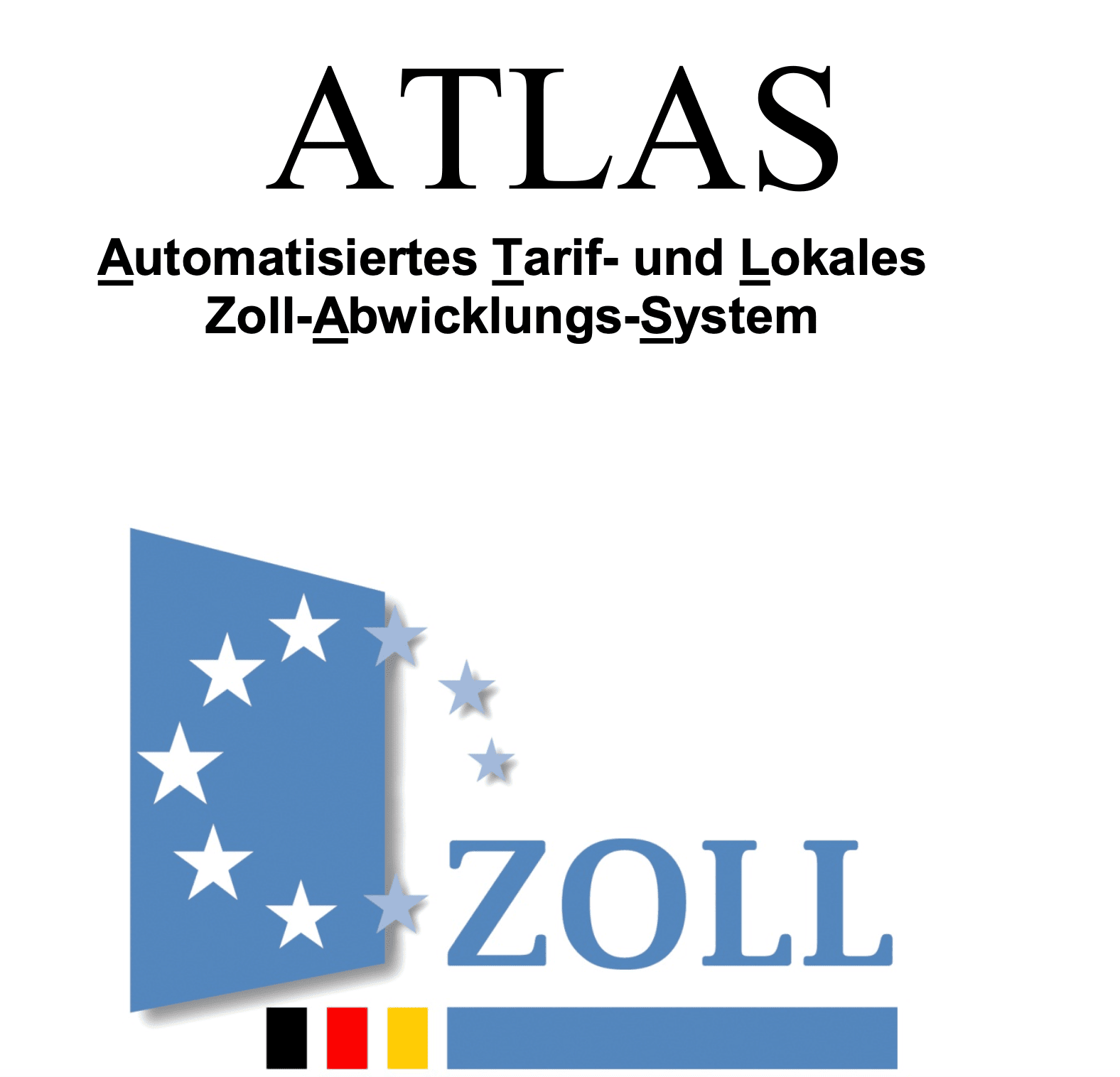The digitalisation of customs administration – Report by the EU Commission’s Wise Persons Group on the reform of the EU Customs Union

Dear customs community,
The Wise Parsons Group recently published its report on how to take the EU Customs Union to the next level. The group concludes that the customs union is in urgent need of structural change to cope with modern challenges such as new trade models and growing trade volumes, technological developments, environmental change, the new geopolitical context and security risks.
The group is in favour of more fundamental and far-reaching reforms than the changes planned in the Customs Action Plan adopted in September 2020. It has made the following 10 recommendations to be implemented by 2030:
1. the European Commission shall present a package of reforms, including the Union Customs Code, by the end of 2022, implementing the recommendations contained in this report in relation to procedures, responsibilities and liabilities and the governance of the European Customs Union.
2. introduce a new approach to data, focussing on obtaining better quality data based on commercial sources and ensuring that it is cross-checked along the chain, better shared between administrations and better used for EU risk management. Clarify which private actors – including e-commerce platforms – are required to provide data and the costs of non-compliance. Provide a single data entry point for customs formalities and a single window/portal for businesses. Data to be stored and properly managed in a centralised data warehouse.
3. establishing a comprehensive framework for co-operation, including data exchange between European customs authorities, market surveillance authorities, other law enforcement authorities and tax authorities for comprehensive risk management at EU level.
4. a European Customs Authority should be established to provide added value to the Commission and the Member States. Its management should correspond to the existing division of competences.
5. introducing a systems-based approach centred on a reformed Authorised Economic Operator (AEO) system that is broader in scope, more multi-layered and more effective in facilitating trade with confidence.
6. introduction of a new ABC model (Authorised, Bonded or subject to greater Control) where economic operators seek Authorised Economic Operator status in order to gain commercial access to the EU market. If this is not the case, market access can be granted through an authorised economic operator bond, against which the EU authorities can levy a substantial fee in the event of false declarations or breaches of the rules. Small non-commercial consignments would continue to go through the usual procedures, but without priority and with a level of control commensurate with their “untrusted” status.
7. abolition of the duty exemption threshold of EUR 150 for e-commerce and simplification of the application of duty rates for low-value consignments.
8. implementation of a package of measures to green the EU customs system.
9. adequate equipment, qualifications and facilities for customs to fulfil their tasks.
10. introduce an annual customs revenue report based on an agreed methodology and data framework to better manage the collection of customs revenue.
Business requirements for a reform of the customs union – my personal TOP3
I agree with the “Wise Persons” that a reform of the customs union is absolutely necessary. However, for the most part I do not agree with the 10-point plan, so I would now like to address my agenda item 3 and look forward to discussing it with you.
1. no customs union without an IT union
I fully agree with the Wise Persons on this point. Data should only be collected once and there should only be a single interface between the customs administration(s) and the economic operator (single window). However, in a customs union based on 27 different IT systems with national characteristics, this will remain a pipe dream. To achieve this urgently needed goal, the customs union must become an IT union! It must be possible for me as a German company, with an IT system that communicates with the German customs administration, to submit customs declarations in all other member states without having to connect to the national systems of all member states. That is a real “single window”.
If the EU and the Member States do not want to implement an EU-wide IT system, this must not be at the expense of the economy. The national systems of the Member States will then have to be networked with each other. At present, even with new IT implementations (e.g. INF portal), this gap is passed on to the economy by having to provide identical information multiple times. This makes “customs procedures with economic significance” – which they still are, even if they are no longer labelled as such – uninteresting for the economy, as they cannot be carried out procedurally.
2. process-related instead of transaction-related customs controls for AEOs
I see no need for a reform of the AEO. Here I completely disagree with Wise Parsons. The instruments are basically there, they just need to be used correctly.
An AEO is subject to annual monitoring. In addition, there are the usual company audits. The AEO system already provides for an AEO to be largely exempt from shipment-related controls, as procedural controls are regularly carried out in the company. A practical (negative) example of this is the description of goods in customs declarations. According to the ATLAS procedural instruction, this must now be so precise that every customs officer is not “only” able to derive the correct customs tariff number from the goods description, but also possible export control issues arising from it.
An AEO that is put through its paces as part of the annual monitoring process, whose product range is known to the authorities, whose internal control system, which ensures compliance with customs regulations, has been checked and, last but not least, whose catalogue of goods is precisely specified in the authorisations for customs simplifications, must now nevertheless provide a description of goods that any customs official who is not familiar with the product can understand. Why?
3. collect data only where it is necessary
AEOS are already supposed to benefit from reduced data requirements in customs declarations. However, if you look at the annexes to the Delegated and Implementing Act, you will find virtually no areas in which an AEO has to provide less data than a non-AEO. In addition, practice shows that the individual contexts of each individual company cannot be standardised. For reasons of complexity, I do not want to go into the topic of data protection in this article. In short, every company has developed an excellent system for managing, archiving and using company-related data. It is therefore better to keep a large amount of data and information within the company than to distribute it disjointedly to customs offices in the Member States. The procedural controls described above, which an AEO undergoes in the company, also make the data accessible to the authorities and the correlations and processes easier to check than in the individual customs declaration itself.
It is therefore imperative that these simplifications for AEOs are also comprehensively implemented. The legal basis for this is also largely in place. The only thing that is lacking is implementation, especially a standardised approach within the Member States.
Customs clearance within the European Union must finally be raised to a new level. I say finally because the legal framework for this has largely been created by the UCC since 2016, but has not been implemented. The frequently cited instrument of the “single window” in conjunction with centralised customs clearance was created back in 2008 and – according to my forecast – will still not be applicable in 2028, 20 years after its development. The EU must remind itself of the idea of economic customs if we do not want to be at the bottom of the global league.
Now we need your opinion! What are your TOP3 for a reform of the customs union? I look forward to your comments.
Sincerely
Yours, Patrick Nieveler
